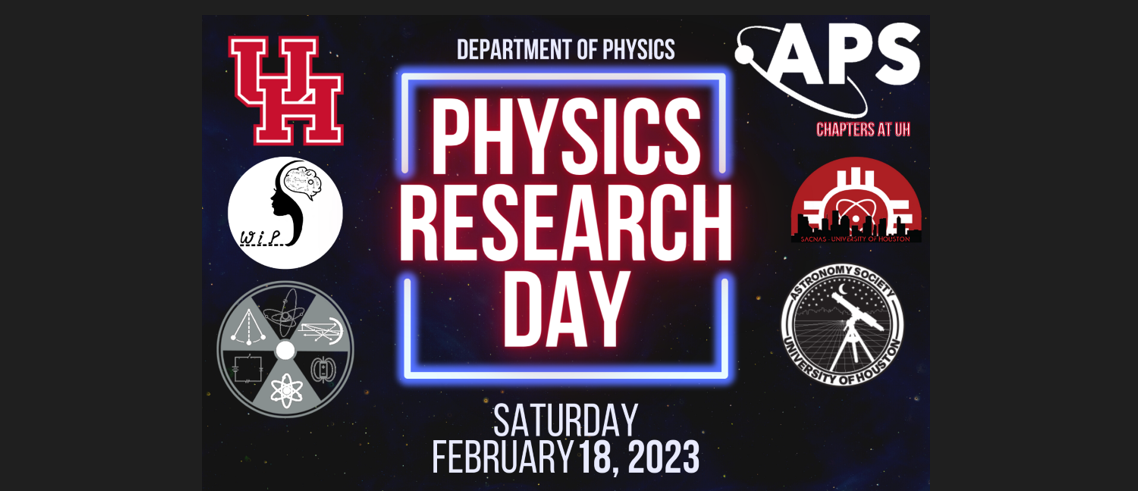Speaker
Description
Complex networks represent the relationships between interacting objects in a wide range of contexts, where nodes represent the interacting entities and edges represent interactions between them. In a directed signed network, the interactions can be positive (+1) or negative (-1), with the state of a node dictated by the state of its upstream neighbors. Biological regulatory networks are an example of directed signed networks. A network is said to be frustrated if the states of pairs of nodes do not match the sign of their interactions. Previous studies have shown that biological regulatory networks are minimally frustrated compared to randomized networks with similar topologies. In recent studies, highly frustrated stable states of these regulatory networks have been associated with cancer cells. Despite the importance of these regulatory networks, there is a lack of robust centrality models that can be used in these cases. In this talk, we used a Boolean model and a new centrality measure to determine the downstream effects of nodes in network activity. We show that this measure of centrality is anti-correlated with activity, with the deletion of positively central nodes decreasing activity and the deletion of negatively central nodes increasing activity. We further developed another centrality measure to predict the importance that individual nodes have on the overall network frustration. Node frustration from network topology can potentially help to determine target nodes for gene therapy in the future.
| Academic year | 4th year |
|---|---|
| Research Advisor | Dr. Greg Morrison |
